
Property market slump boosts occupiers’ and home buyers’ bargaining power
Real estate agents said tenants ask for up to 30% discount when renewing office leases.
In Hong Kong’s real estate industry, the adage “one man’s weakness is another man’s strength” rings true as occupiers and homebuyers in the city gain stronger bargaining power amidst a slowing market.
From the office market to luxury residences, real estate agents are saying buyers and tenants are expecting substantial discounts from their landlords.
“Office vacancy in Hong Kong is over 15% already and this has created more options for the occupiers to consider during their renewal or relocation,” Alex Siu, senior associate director for Office Services at Colliers, told Hong Kong Business magazine.
“Occupiers now have stronger bargaining power when they’re negotiating for the renewal [of leases]. Normally, they will expect a 20% to 30% discount to align with the current market conditions,” he said.
Eugene Yip, associate director for Office Services at Colliers, said most tenants in Hong Kong are still looking to remain in their current locations and are likely to renew this year.
“As the market is not performing that much, a lot of them are looking to get a little bit of a tiny discount on where they are,” Yip, one of Hong Kong’s Real Estate Agents Under 40 for this year, said.
In the luxury residential market, Thomas See, senior associate director at Savills Hong Kong and also one of the territory’s most notable property agents under 40, had a similar observation.
“Buyers are more cautious buying properties as they expect a substantial discount from the current market,” said See, one of this year’s Hong Kong’s Real Estate Agents Under 40.
“Most buyers for luxury property are currently locals as they are relatively more cash rich, and the current market has more room for negotiation,” See added.
The Savills agent said mortgagee stocks have also been generally discounted from the market price at approximately 10%–30% discount.
Location vs cost
The slowdown of the market, paired with global macroeconomic conditions, has also affected the way tenants are choosing the location of their offices.
Yip said many businesses have been focusing on “decentralisation” or leaving the expensive central core business district.
Sharma, Wanchai, Causeway Bay have been “hot” locations for firms decentralising.
“Some are also moving towards the East Hong Kong Island, where there is “quite a lot of significant cost cutting,” said Yip.
Meanwhile, those who stay in the same district would have some “flight-to quality” by paying a very similar price range but for “better amenities, newer buildings, nicer lobbies, and better client facing.”
Luxury property buyers, on the other hand, still prioritise prestigious addresses and sought-after locations despite global economic conditions.
See said most buyers prefer Victoria Peak, Southside and Jardine Lookouts. “These areas normally consist of single lot houses as well as low-rise apartments,” he said.
Occupiers also select locations based on their respective budgets.
Firms in the banking and finance sector, for example, typically have higher budgets given their need to stay in prime locations.
Siu said firms in such sectors often choose Central, Admiralty, Tsim Sha Tsui, and Wan Chai where they often pay somewhere around $50 per square foot (psf) or even over $150 psf for office space.
Banking and finance firms, however, would choose decentralised areas for their back office operations like Kowloon East, East Hong Kong Island where the rental range can be more affordable, from $20 psf to $50 psf.
Sourcing or logistics companies, meanwhile, would tend to lease buildings in Kowloon East, Lai Chi Kok, Kwai Ching, and Tsuen Wan, where leases range from low to mid at $20 psf.
In the luxury market, See said buyers mostly focus on properties worth $100m and above.
Types of buyers, tenants
Based on See’s observations, most buyers of luxury properties are now locals as “high-net-worth-individuals from the Mainland are no longer buying properties like they used to.”
“In fact, many of them became sellers as they were facing challenges,” he said, adding that rising interest rates, the slowdown in China’s economy, debt and finance risks in China, and oversupply have continued to worsen the already distressed luxury property segment of Hong Kong.
In the office market, Yip said there are two types of tenants. “One type of tenant is that when they think the market is quite low, they want to lock in a long lease,” said Yip. In the past, leases in Hong Kong would often last up to three years, said Yip.
To compare, the first type of tenant will lock in for at least four- to six-year leases given the reality of cheaper pricing.
The other type of tenant is the one that opts for short-term leases, around six to 13 months to see where the market will be headed.
“When the market is a little bit more secured, they’ll be able to make a decision based on that,” Yip said.


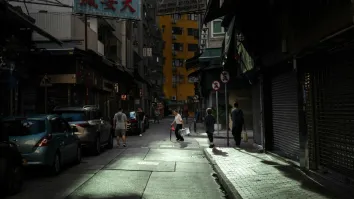
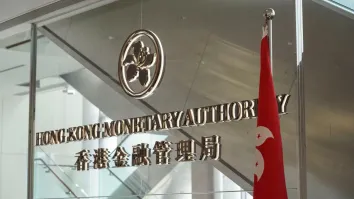

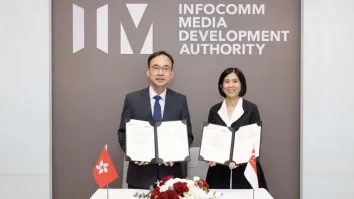
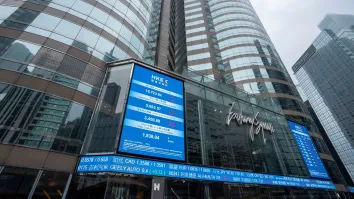



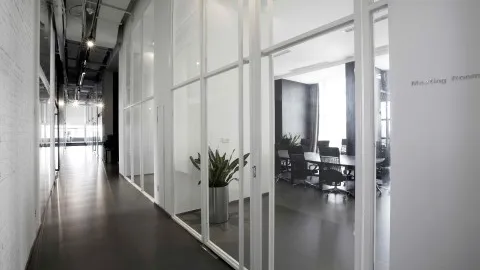




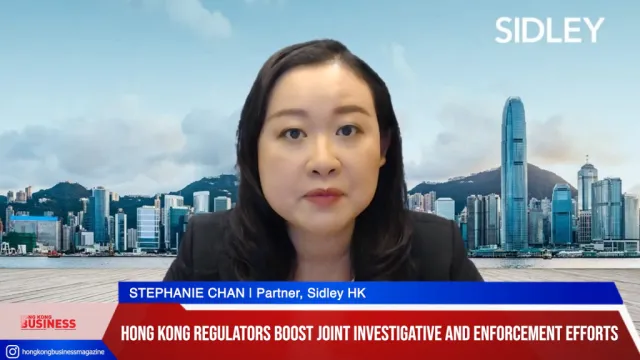
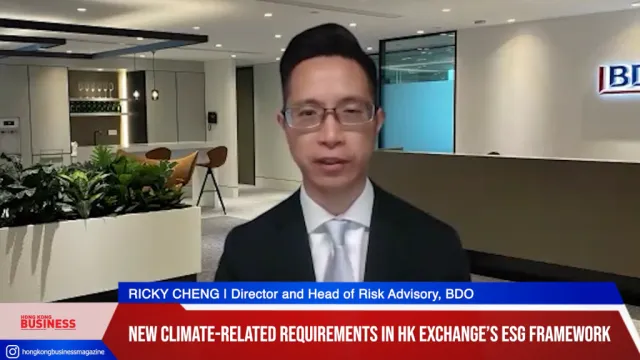
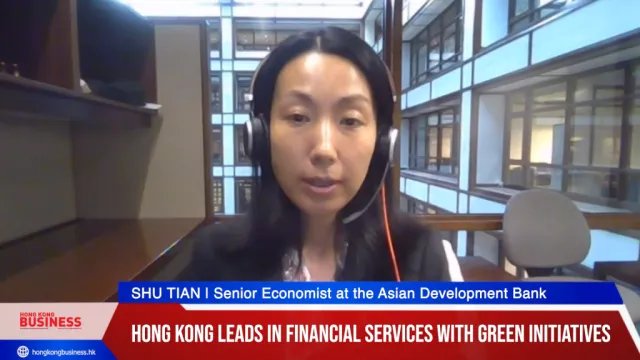

 Advertise
Advertise






